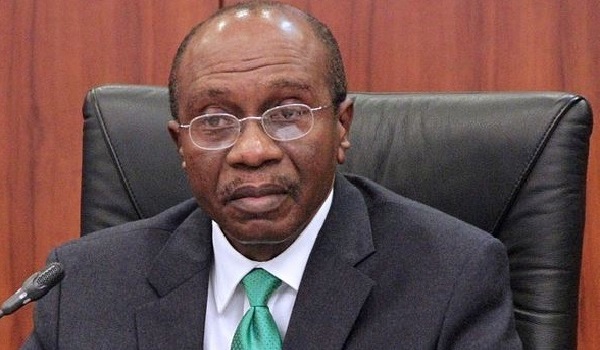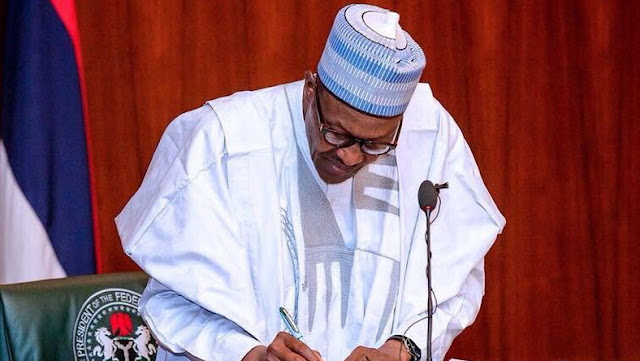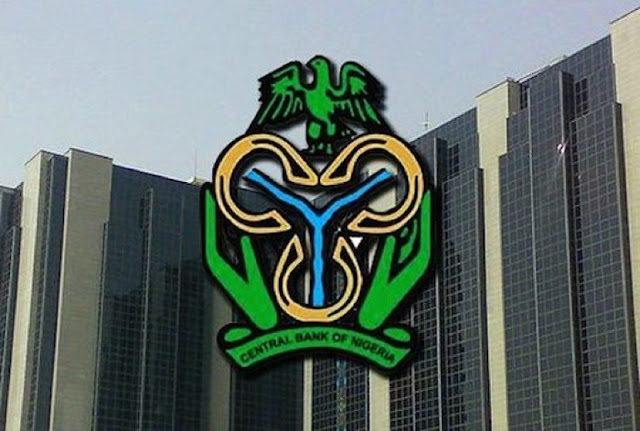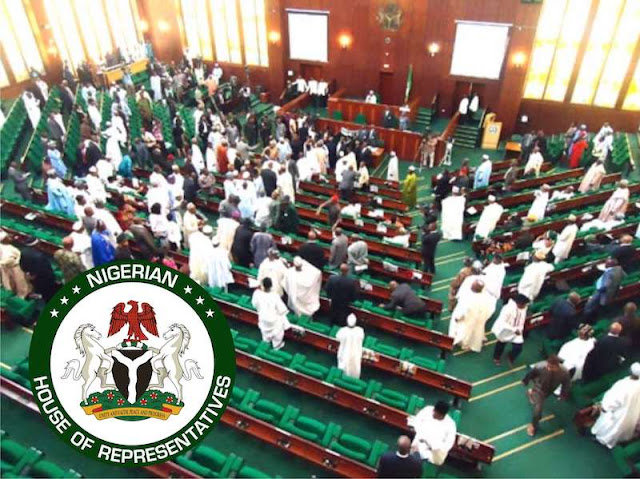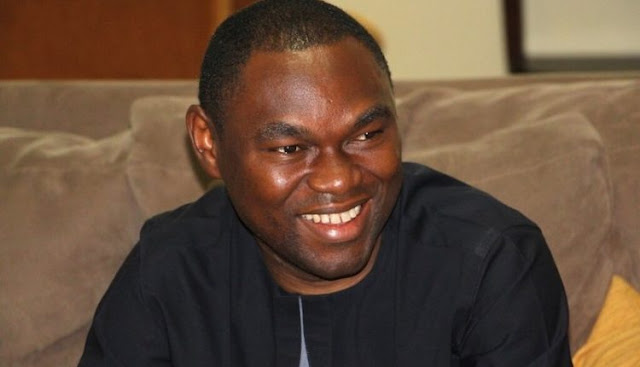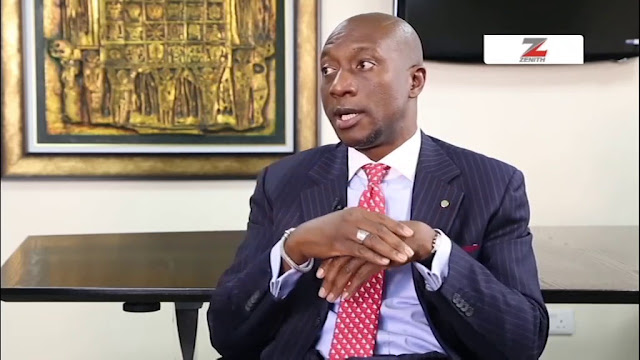The Senate has declared its determination to ensure the dismissal and prosecution of the Chief Executive Officer of the Nigerian National Petroleum Company Limited (NNPCL), Mele Kyari, along with other top executives. This stern stance follows the alleged expenditure of N12 trillion on the turn-around maintenance (TAM) of the country's non-operational refineries.
The Senate Ad hoc Committee, responsible for investigating various TAM projects within Nigerian refineries, disclosed that records show expenditures exceeding $592 million, €4.8 million, and £3.4 million between 2010 and 2023 on TAM, without corresponding functionality improvements in the refineries.
During an interactive session with the NNPCL management and executives from the oil sector, the committee expressed dissatisfaction with the non-appearance of chief executive officers from invited agencies. Among these agencies were the Nigerian Midstream and Downstream Petroleum Regulatory Authority (NMDPRA), Nigerian Upstream Petroleum Regulatory Commission (NUPRC), and their subsidiaries.
Senator Isa Jibrin, the chairman of the ad hoc committee, emphasized the urgency of understanding and rectifying the identified leakages in the turn-around efforts. He declared the committee's intent to demand refunds and dismissals of all chief executives involved in the maintenance projects.
Senator Yahaya Abdullahi echoed the sentiment that representatives should communicate to their chief executives the imperative to appear in person. Senator Sumaila Kawu highlighted the seriousness of the Senate's business and its commitment to representing the interests of the people. He urged respect for the Constitution and warned of possible suspension of the interaction until the agencies were ready for meaningful participation.
Senator Danjuma Goje clarified that the committee's focus is on dealing directly with heads or chief executives rather than their representatives. He proposed setting new dates for the submission of required documents and scheduling a meeting where chief executives must personally attend. The agencies were given until Tuesday to provide the necessary documents ahead of the meeting with their respective chief executives.









.jpeg)
.jpeg)


